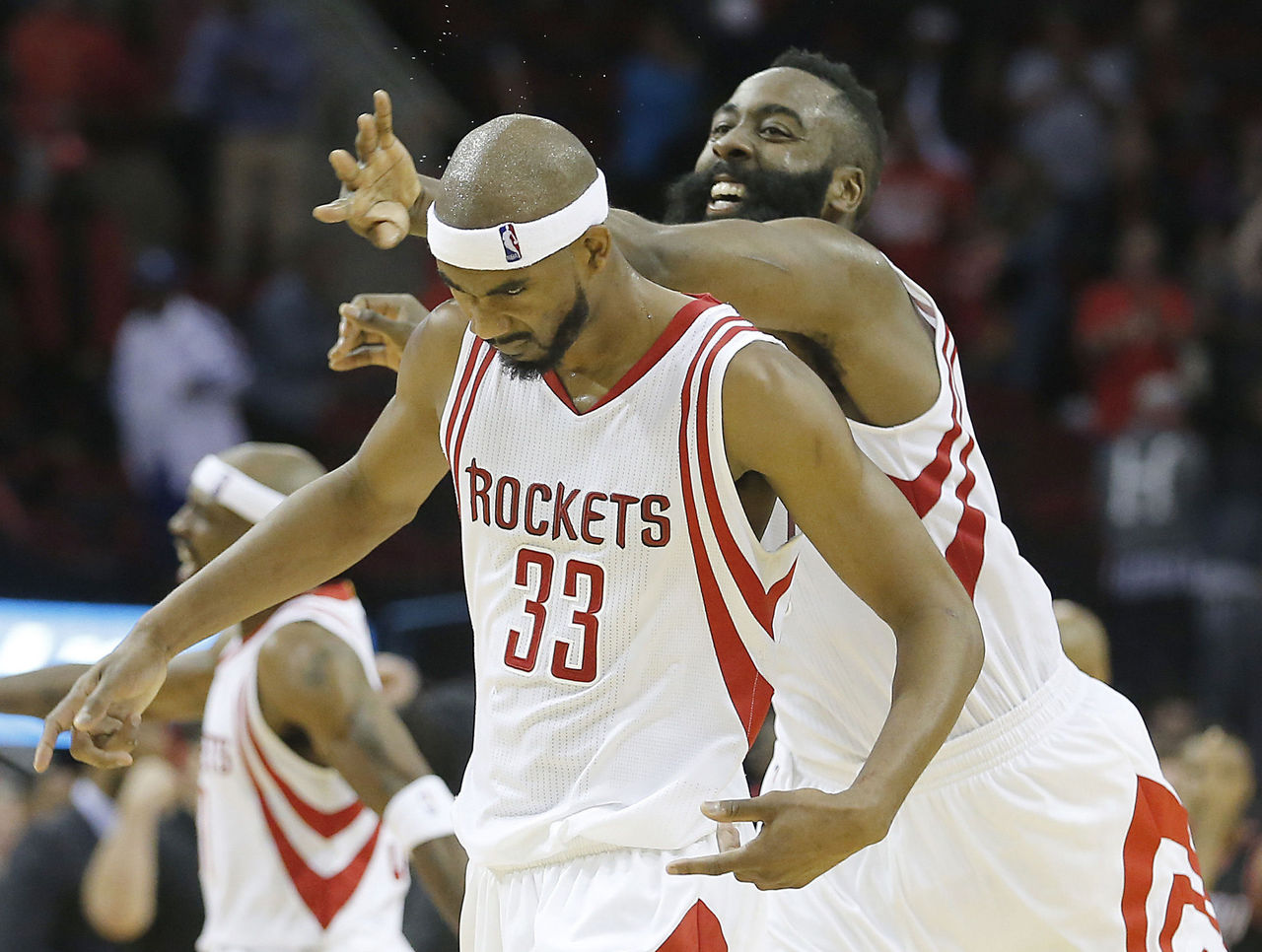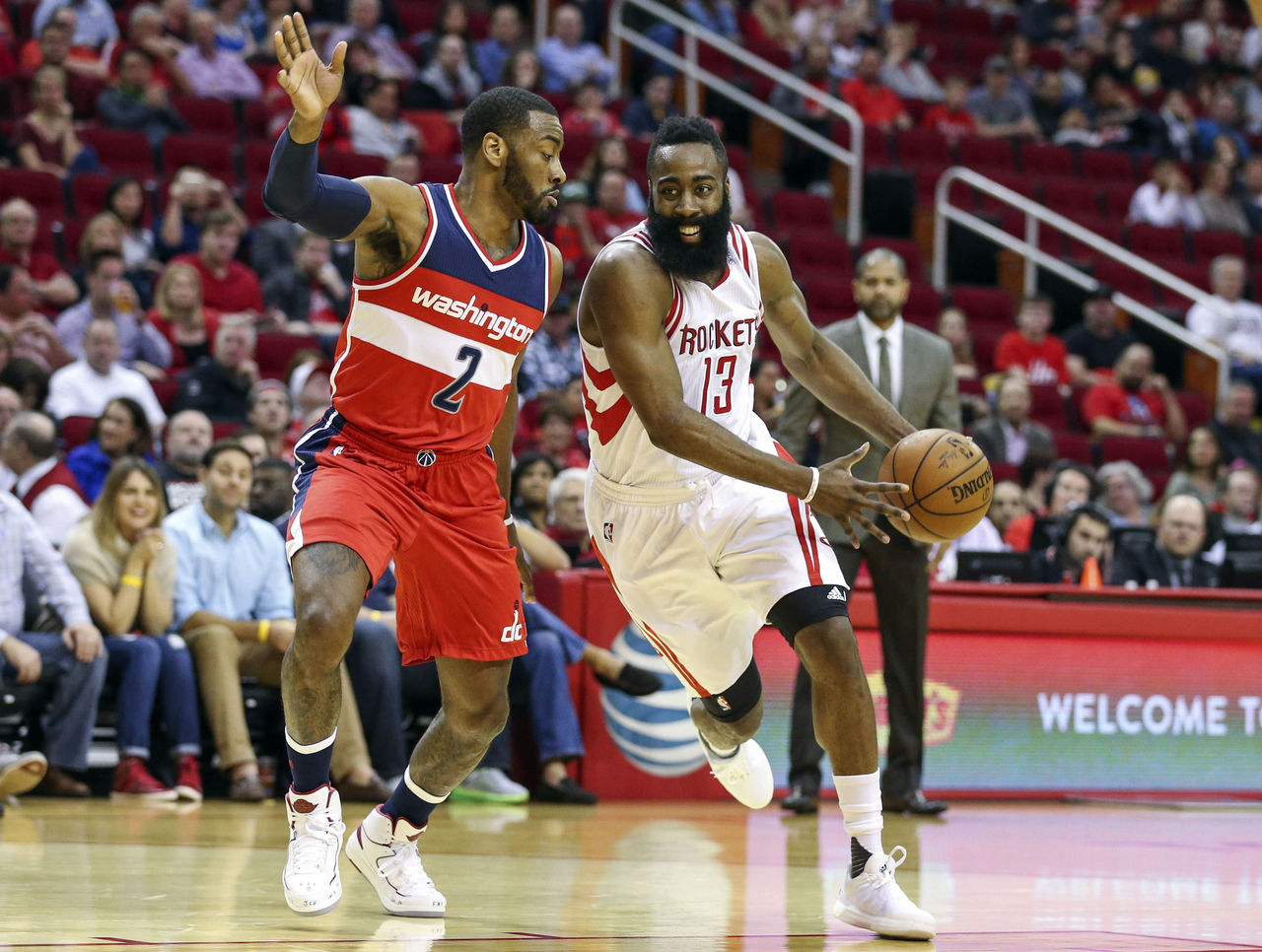Recognizing opportunity in daily fantasy basketball
Follow theScore's fantasy feed on Twitter (@theScoreFantasy) for the latest news, features and more.
Opportunity is a chief determinant for any type of fantasy basketball production. Even the least talented players can put together days, weeks, and months of fantasy relevancy if afforded ample opportunity.
In daily fantasy basketball, opportunity primarily comes in the form of minutes. For any player to accumulate points, he has to be in the game. Daily fantasy owners need to be monitoring both the minutes of starters and bench players so that they can be in the best position to craft winning lineups.
In combination with minutes played, there are a few other factors that can lead to increased opportunity. With most players not looking at a drastic minutes increase, factors like pace and matchup-specific stats can be extremely helpful in identifying opportunity and fantasy production.

Spot starts and injuries
Basketball is littered with nightly scratches, and daily fantasy owners are best served by keeping an eye on pre-game news to better capitalize on these situations. Often times, the bench player set to assume the starting role is drastically underpriced relative to the number of minutes he's expected to play and the production he could post in those extra minutes.
Last year, the New Orleans Pelicans provided ample opportunity to its bench players because of the many injuries they dealt with throughout the season. Not only did New Orleans rank first in man-games lost for the season, but it lost 275 man-games in just the final quarter of the year. Luke Babbitt, Tim Frazier, and Bryce Dejean-Jones became solid daily fantasy starts.
Situations like these represent the best way for daily fantasy owners to capitalize on opportunity. Anytime a bench player is set to make a spot start whether it be due to injury or any other circumstances, they are immediately handed a much greater workload than they are priced for.

Pace and style of play
Today's NBA is dominated by talk about pace, 3-point shooting, and offensive efficiency. Most of these points are beneficial to increased fantasy production. Many teams' offenses revolve around 3-point shooting, rapid pace of play, and position-less basketball.
One team that highlights this type of offense is the Houston Rockets. Over the past four years, Houston has ranked in the top-8 of pace and either first or second in 3-point attempts per game. This offensive style immediately puts any Rockets player in a conducive scoring environment and provides him with a better opportunity to increase their overall fantasy profile.
One Houston player to watch this year will be PF Ryan Anderson. The 6-foot-10 forward with 3-point range will surely benefit from this style of play as he has attempted 5.4 deep balls per game for his career. Along with averaging 16 points per game in four of his past five seasons, Anderson could be primed to approach the 20-point plateau in Houston's new-age offense.
This aggressive style breeds more possessions and scoring opportunities for every player. Daily fantasy owners should be taking notice of Anderson and other players already in or moving into these offense systems.

Matchups in daily fantasy
As with season-long fantasy, matchups are a huge factor in daily fantasy. Targeting soft defenses is a sound strategy, as is avoiding players going up against strong defensive units. But with today's advanced stats, there are more matchup-specific stats that can be used to identify opportunity.
Targeting two up-tempo offenses is another method to find matchups that breed increased scoring. Let's the Rockets again. In 16 games versus teams with a Pace Factor of over 100, Houston and its opponent averaged 219.1 total points. When high-pace teams collide, daily fantasy owners should be targeting them to capitalize on the opportunity inherent to these games.

Opponent ranking (OPRK) is another metric that fantasy owners can look at on a nightly basis. OPRK aims to measure defenses against specific positions, and it can help identify matchups that will provide certain players an opportunity for increased scoring.
For another Houston-based case study, James Harden's performance against the defenses of Washington, Phoenix, New Orleans, Los Angeles, and Portland, all of whom struggled against opposing PGs and SGs, demonstrate how daily fantasy owners should target weak OPRK-based opponents.
In last year's 17 games against these five opponents, Harden, who averaged 29 points, 7.5 assists, and 6.1 rebounds last season, notably increased his production. For these 17 contests, Harden averaged 33.1 points, 10.4 assists, and 8.7 rebounds, making him a significantly better daily fantasy option compared to average or tougher OPRK opponents.